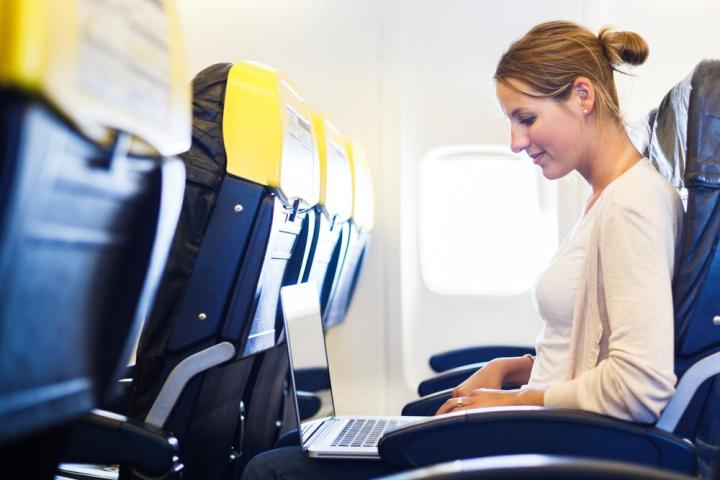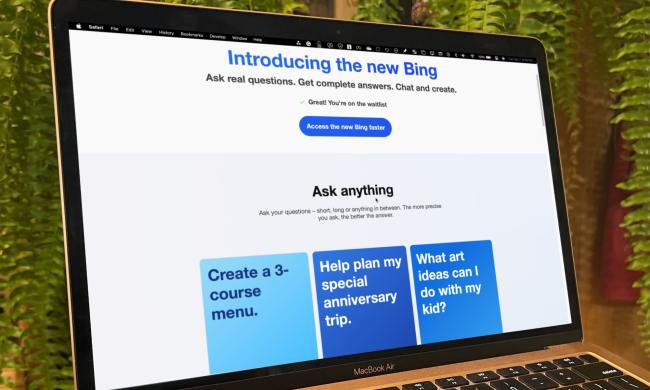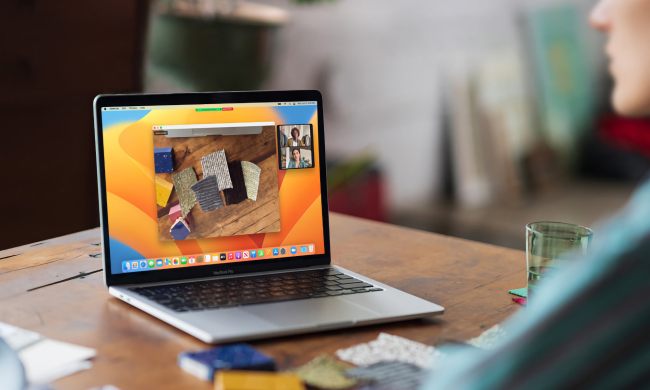
The days of being forced to turn off your gadgets before takeoff and landing will soon be a thing of the past.
The U.S. Federal Aviation Administration announced today that it will allow airlines to permit the use of most portable electronic devices during all portions of flights. The rule change follows recommendations from a panel of experts, commissioned by the FAA, who found that it is safe to use most gadgets at altitudes below 10,000 feet. The previous FAA rules dictated that fliers turn off their tablets, smartphones, laptops, and ebook readers until their plane had ascended to a higher altitude.
According to the FAA, each airline must prove to the FAA that its fleet of aircraft can safely handle passenger electronics usage. Because of this, the new rules will not go into effect immediately and restrictions may differ depending on which airline you use.
The use of cellular service will remain forbidden throughout the duration of flights. Gadgets that have cellular capabilities must have airplane mode turned on, though passengers will of course be able to turn on Wi-Fi for in-flight use, when available.
FAA administrator Michael Huerta tells The New York Times that the use of cell service during a flight poses “no safety problem”; instead, he says the service just won’t work, and will cause battery drain as the devices constantly search for a wireless connection.
The FAA also says that in instances of low visibility – about 1 percent of flights – passengers may be asked to turn off their devices because some landing systems may not be “tolerant” of portable electronics.
“We believe today’s decision honors both our commitment to safety and consumer’s increasing desire to use their electronic devices during all phases of their flights,” said Transportation Secretary Anthony Foxx in a statement. “These guidelines reflect input from passengers, pilots, manufacturers, and flight attendants, and I look forward to seeing airlines implement these much anticipated guidelines in the near future.”
Before airlines can permit fliers to use their gadgets during all portions of flights, they must first prove to the FAA that their planes can handle radio interference from the use of personal electronics. According to the FAA’s list of “frequently asked questions,” if an airline attendant asks you to turn off your device before takeoff, it means the airline has not yet received approval for expanded gadget usage on that plane.
The new in-flight gadget policy applies to both domestic and international flights. The FAA says it expects many airlines to receive approval for personal electronics usage by the end of the year.
[Image via l i g h t p o e t/Shutterstock]


